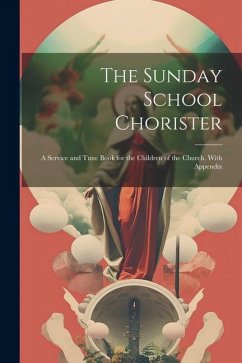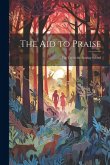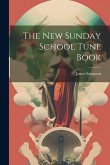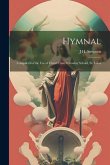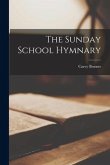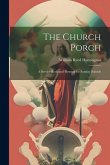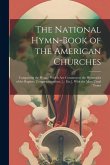Produktdetails
- Verlag: Creative Media Partners, LLC
- Seitenzahl: 220
- Erscheinungstermin: 18. Juli 2023
- Englisch
- Abmessung: 234mm x 156mm x 12mm
- Gewicht: 313g
- ISBN-13: 9781022189942
- ISBN-10: 1022189948
- Artikelnr.: 68857051
- Herstellerkennzeichnung
- Libri GmbH
- Europaallee 1
- 36244 Bad Hersfeld
- gpsr@libri.de

